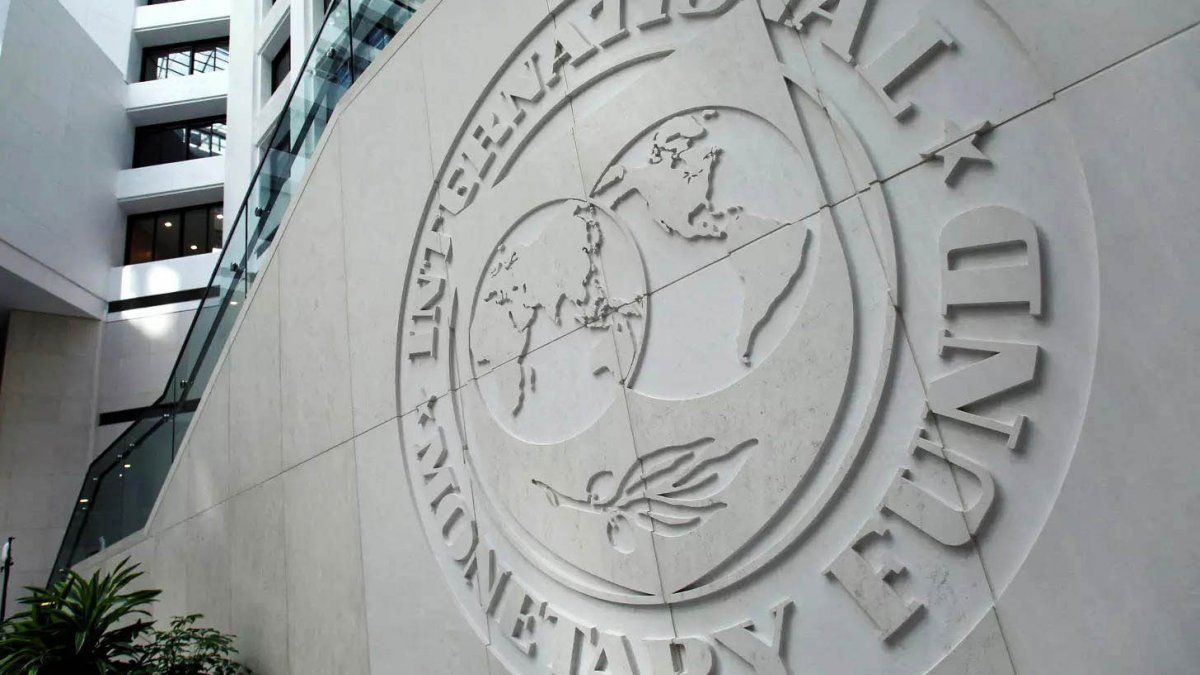On the other hand, the euro’s share also showed a slight drop from 19.7% to 19.6%, while the Japanese yen increased its share from 5.3% to 5.5% in the same period.
Until September, a decrease has been observed in the participation of dollar in global central bank reserves, while holdings of the Japanese yen are rising, according to recent data provided by the International Monetary Fund.
The content you want to access is exclusive to subscribers.
He dollar, which has historically been the main reserve currency globally, then represented 59.2% of foreign exchange reserves in the third quarter. This figure marks a slight decrease from 59.4% recorded in the previous three months, according to data from the Monetary Composition of Official Foreign Exchange Reserves (COFER) of the IMF, reaching its lowest point since the fourth quarter of last year.


Dollar vs. other currencies in central banks
On the other hand, the euro’s share also showed a slight drop from 19.7% to 19.6%, while the Japanese yen increased its share from 5.3% to 5.5% in the same period.
The proportions of the Chinese yuan, the pound sterling, as well as the Australian, Canadian and Swiss franc dollars, barely showed significant variations. However, the group of “other currencies” increased its participation from 3.6% to 3.9% in reserves compared to the previous quarter, as mentioned by the Bloomberg agency.
Despite the historic preference of the dollar as a reserve currency by most central banks due to its stability and breadth in global markets, its dominance has been gradually declining since the beginning of the millenniumwhen its participation exceeded 70%.
The dollar’s influence has been essential for the United States to keep financing costs under control and manage its budget deficits, as trading partners tend to invest in US government bonds.
Furthermore, this panorama benefits American companies, since the extensive use of the dollar in global trade, particularly in transactions of oil and raw materialsoften reduces borrowing costs for these multinationals.
Source: Ambito




